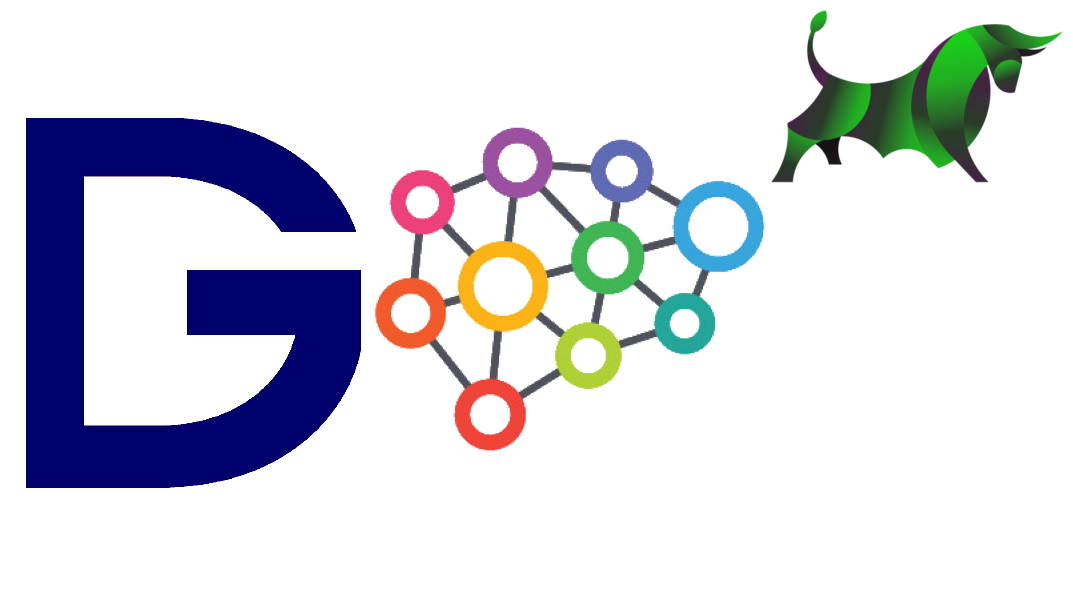Featured Application
Retail digital marketing strategies have become essential in boosting social media engagement, brand awareness, and revenue in the tourism industry. This study combines marketing and information sciences to analyze online user behavior and engagement on social media pages operated by retail stores in tourist areas, based on key performance indicators. It utilizes descriptive and predictive statistics to identify user behavior patterns, enabling marketers to forecast engagement and mitigate risks associated with decision-making. Behavioral data is collected from social media retail pages targeting tourists. Various analytics models, including linear regression, Random Forests, Extreme Gradient Boosting, K-nearest neighbors, and Naïve Bayes, provide insights into predicting social media user engagement. This approach can be adapted for use in tourism marketing, digital strategy, and e-commerce, enabling marketers to proactively design, develop, and launch social media campaigns tailored to tourism consumers.
Abstract
This study examines and evaluates key performance indicators (KPIs) that impact user engagement on social media platforms, with a primary focus on fashion retail within seasonal tourism contexts. The primary objective is to determine which engagement metrics most accurately predict user interaction levels and to enhance strategic decision-making in digital marketing. Using a dataset of 2500 Facebook photos and videos from a women’s retail store, collected between 2016 and 2024, the study employs descriptive analysis and predictive modeling. Three KPIs—such as 3 s video views, reach from organic posts, and other clicks—are examined for their impact on user engagement. The posts are categorized into engagement levels, and classification models, including Random Forests (RF), Extreme Gradient Boosting (XGBoost), K-Nearest Neighbors (KNN), and Naïve Bayes (NB), are evaluated. Results show that short video views and post reach are key predictors of user engagement. With XGBoost achieving a classification accuracy of 94.73%, the models perform effectively, and Cronbach’s alpha analysis confirms the consistency among the variables selected. The findings underscore the significance of KPI analysis in social media strategy and illustrate the value of data mining techniques in uncovering user behavior patterns that offer practical insights for optimizing digital marketing efforts.
Keywords:social media marketing; tourism retail; organic posts; key performance indicators; user engagement; classification models; data mining
Theodoridis, P. K., & Gkikas, D. C. (2025). Maximizing Social Media User Engagement Through Predictive Analytics in Retail Tourism: Identifying Key Performance Indicators That Trigger User Interactions. Applied Sciences, 15(21), 11720. https://doi.org/10.3390/app152111720
